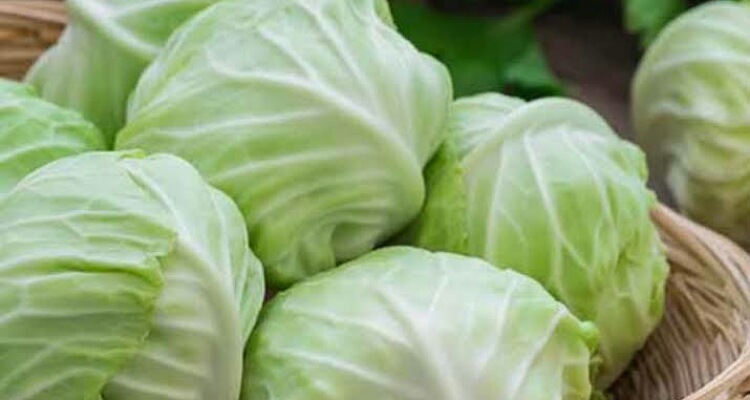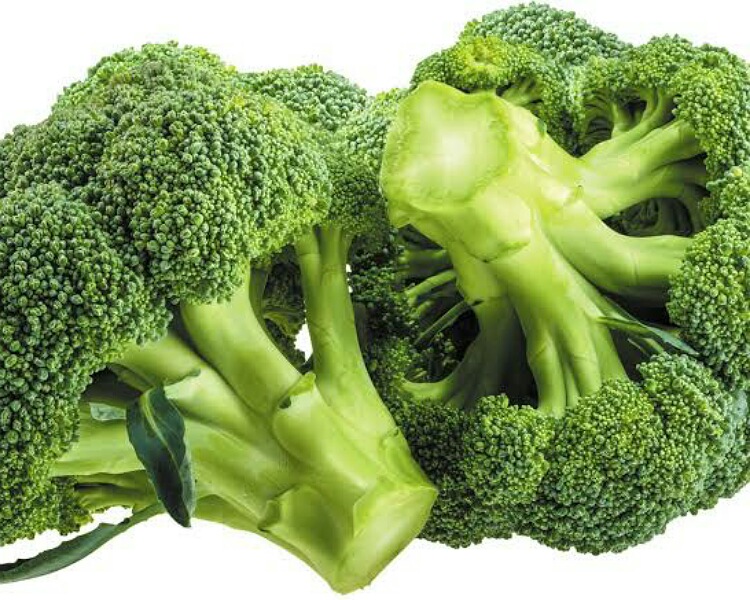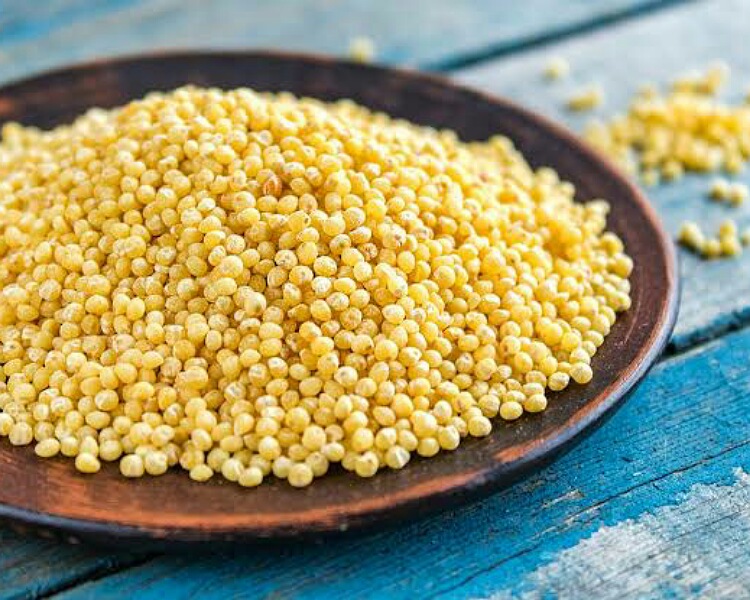The thyroid gland is vital for metabolism. It produces hormones that have many functions in the body. In some, the gland either becomes hyperactive or underactive.
This leads to diseases. And diet too plays a major role in controlling these thyroid disorders. Not all vegetables are good for the thyroid. Some veggies can worsen the condition.
Thyroid disorders and their prevalence
The thyroid gland is present in front of the neck. It produces thyroid hormones that play an important role in body metabolism and energy production.
Sometimes this gland starts hyperfunctioning. And in some individuals the gland is hyperfunctioning. Causes of this malfunctioning thyroid are multiple and include iodine deficiency and genetics.
Low working thyroid is common. Dietitian Molly Hembree states:
“Often a primary hypothyroidism side effect is weight gain,”
“It is important if you experience unintended weight gain, particularly if it doesn’t seem to align to current food and exercise habits, that you speak with your doctor to address any underlying issues, which could include hypothyroidism in some cases.”

Foods and their impact on thyroid
Generally, veggies and fruits and good for the body. They do not harm or damage the thyroid gland. But certain vegetables have goitrogens in them that are damaging to the gland.
These substances cause enlargement of the gland. This enlargement is called a goiter and hence substances that bring about this thyroid enlargement (goiter) are called goitrogens. Further, Molly explains:
“Goitrogens are foods that contain a compound called ‘goitrin,’ which can interfere with the synthesis of thyroid hormones, when alongside an iodine deficiency,”

Cauliflower, cabbage, and broccoli contain these goitrogens and can worsen or even cause hypothyroidism and goiter. Soy and millet also have this goitrogenic potential.
Hence those with thyroid low function should avoid these vegetables. But heating and cooling the vegetable eliminate this harmful substance.
Heating and the goitrogenic substance
Cooking and heating kill this harmful substance. Therefore people with thyroid malfunction should not eat these above-mentioned vegetables raw.
They can get rid of this chemical by cooking vegetables before consumption. Molly elaborates:
“Heating the cruciferous vegetables eliminates its goitrogenic activity,”
“And if you are eating uncooked cruciferous vegetables, and soy in moderation, it does not seem to pose a threat to thyroid health. However, most dietitians advise completely eliminating millet from the diet.”
Read more Best sodium reduction strategies in processed and packaged foods!

A British medical journal published an article that stated that a balanced diet is required for a healthy thyroid. Deficiency or excess of some foods is harmful. Too much of fat, lime, and iodine is also bad for the gland.
Goitrogens are harmful in excess. Therefore keep these foods low or moderate in the diet to prevent their ill effects on the body and thyroid.
The exact nature of this goitrogenic substance is not clear yet. Further studies are needed in that direction to identify them and see how they can be lessened in these vegetables.